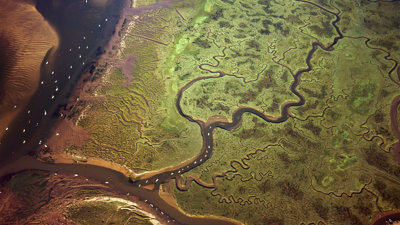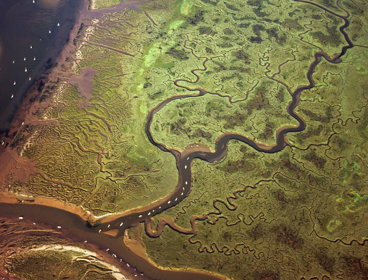How project findings are used and communicated can take many forms including academic publications in peer-reviewed journals, reports to interested parties, talks and presentations and through various forms of online media like social media, videos and blogs.
Projects can also have a variety of audiences: funders, future researchers, local communities, decision makers or the wider public. Whichever way outputs are shared and whoever the audience is, a plan should be made by all of those involved in the project at the outset to ensure the right audiences are reached in the most appropriate ways. Agreements on authorship, ownership and copyright should be made at the outset. Ethical considerations should underpin the process.
Some key points to consider drawing upon Strle et al., (2015, PDF); Picot and Grasham (2022); ALLEA (2023) are:
Responsibility and honesty
- Authors must not misrepresent qualifications, experience or research accomplishments, which may be done to obtain funding, access research programme and advance careers.
- All authors are fully responsible for content, unless specified, and should disclose any conflicts of interest and financial or other types of support.
Data, results and imagery
- Data and findings must not be falsified and fabricated.
- Experiments, methods or analysis must not be manipulated to get desired results.
- All permissions must be obtained for the use of imagery and any participants included in imagery.
Reporting
- Data, results and information about the project should not be selectively reported upon. Negative results are as valid as positive findings.
- Any necessary corrections to or retraction of work which come to light should be done promptly and with transparency
- Perpetuating harmful stereotypes must be avoided.
Collaboration and acknowledgement
- Contributors should be consulted on if they wish to be acknowledged, and if so, how.
- All contributors who wish to be acknowledged should be in an appropriate form that reflects their contribution and is culturally appropriate, with agreement on the appropriate sequence of authorship and ownership of copyright.
- All contributors should have a clear understanding of the implications of sharing the work, agree to the plan of dissemination and review and approve final outputs.
- Any related work which is drawn upon should be cited.
- Funders and contributing organisations should be appropriated acknowledged.
Audience, availability and accessibility
- Wherever appropriate, research findings should be shared with participants and local communities, in formats and language accessible to the audience.
- Data collected should be made available and accessible to all where possible and appropriate, in an open, timely and accurate manner.
Questions to think through
- Have you consulted with all contributors regarding the sharing and using of the outputs of your project, and involved them appropriately?
Are all contributors acknowledged and given appropriate exposure and recognition? - Are you communicating with the right audiences in the most appropriate ways? Is your content accessible?
- What could the impact of your findings be on the individuals or communities you have been working with?
- Have you factored dissemination costs into your budget, including costs of translation?
- Given the financial, environmental and resource costs of your project, are you maximising your project outputs and their impact, to get the maximum value from your project?
Resources
Code of Conduct for Ethical Fieldwork
Picot, L. E. and Grasham, C. F. (2022), University of Oxford
Principles and questions to help researchers improve equity in their fieldwork. Section 5 focuses on using research findings.
The European Code of Conduct for Research Integrity
ALLEA – All European Academies
Concise descriptions of good and bad research practice relevant to using research findings under section 2.5 Data Practices and Management, section 2.6 Collaborative Working and section 2.7 Publication, Dissemination and Authorship and section 3.1 Research Misconduct and other Unacceptable Practices.
A Guide to applying The AIATSIS Code of Ethics for Aboriginal and Torres Strait Islander Research
Australian Institute of Aboriginal and Torres Strait Islander Studies (AIATSIS)
Section 3 – Communicating research results – within content of cultural considerations, but can be applied across research settings
Authorship: A guide supporting the Australian Code for the Responsible Conduct of Research
National Health and Medical Research Council, Australian Research Council and Universities Australia. Commonwealth of Australia, Canberra.
A guide outlining key principles of criteria of authorship, attribution of authorship, formalised authorship arrangements, acknowledging contributions other than authorship and accountability for research outputs. See sections 2 and 4 of the resource.
Authorship, competing interests and artificial intelligence
The Royal Society
Guidance within the context of academic publication, however, many principles apply broadly to all forms of dissemination in relation to authorship, completing interests and AI.
Data sharing and mining
The Royal Society
Guidance within the context of academic publication, however it highlights the importance of data sharing more broadly and provides suggestions of data repositories.
Nature Communications Earth and Environment editorial policies
Nature
An example of expectations from a major publisher for issues including authorship, data availability, plagiarism and acknowledgements
The Society does not take responsibility for the content of external sites. Inclusion on this page does not equate to an endorsement of any content or organisation. Please contact the external site for questions regarding individual resources.

